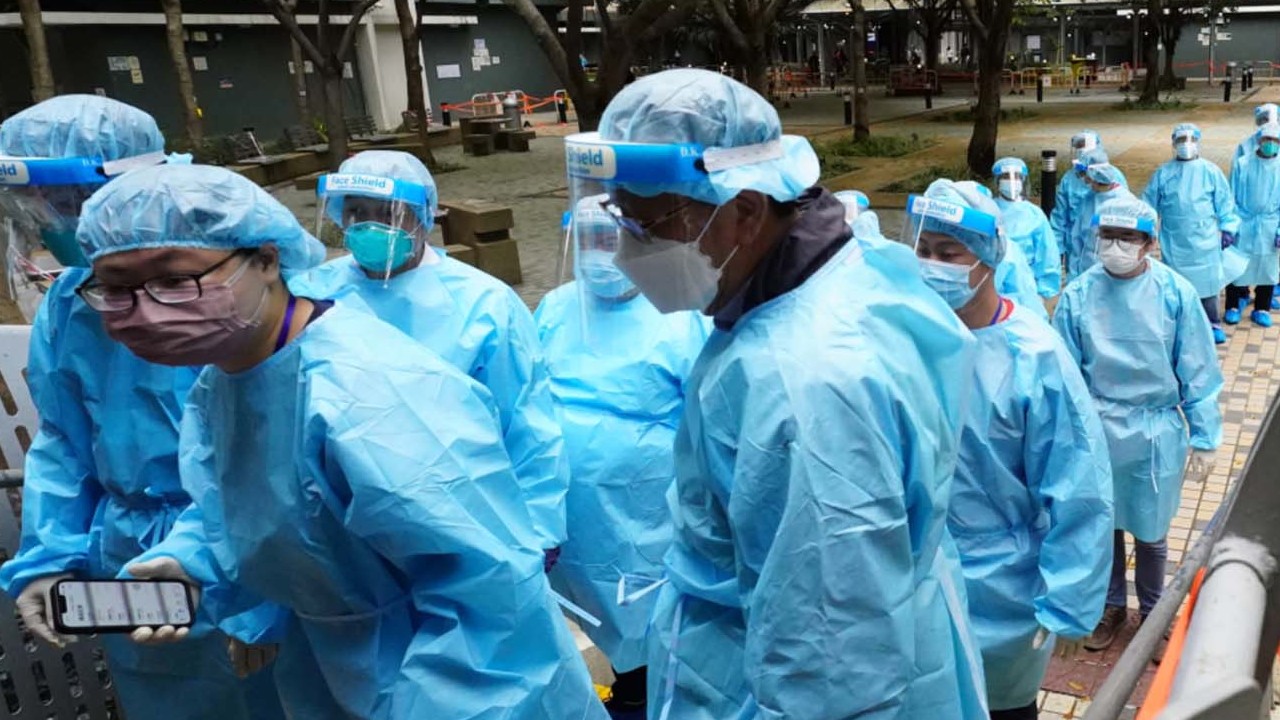
When strict anti-pandemic measures could make a comeback, why would Hongkongers return?
- It is all well and good for Hong Kong to ask residents who left during the pandemic to return, but the reasons for their departure remain unaddressed
- Trust in the government and public health has ebbed, and until important questions are answered there is little incentive for people to come back
During Chief Executive John Lee Ka-chiu’s New Year’s address, he said he welcomed the return of people who had left the city because of Covid-19 and other reasons. While it is commendable that Lee reached out to Hongkongers overseas, there has not been a reconciliation with what led to the exodus.
Once trust is established, the next stage for the government should be protecting the most vulnerable while allowing those people who are least affected to go on with their lives as far as possible.
We are now seeing over 10,000 infections reported daily with dozens of deaths. Government officials, health officers and scientists give explanations for all these numbers. But anyone who was coerced into getting vaccinated, wearing a mask, going into quarantine, doing daily Covid-19 testing or attending online classes is looking at what is happening now – and around the world – and feeling a sense of anger and betrayal after assurances that all these measures would lead to success in battling the virus.
So far, the government has not made any promises that questionable or coercive measures will not be reintroduced when a new health emergency emerges. Unfortunately, it appears they could make a comeback. Health Secretary Lo Chung-mau said in December, “Perhaps in the future we may still need to rely on the ‘Leave Home Safe’ to fight against the other emerging infectious diseases.”
If I live in a city where my children can go to school full time and participate in every activity with or without a mask, where I can go into a restaurant without showing my medical records and sit at a table with all my friends and family and where beautiful human smiles can be seen unimpeded, what incentive is there to return to Hong Kong? Sometimes it’s the little things that make life worth living and give a place a feeling of home.
Harminder Singh is a Hong Kong-based international investor



